For international students looking to study in the US, there is a kind of visa known as an F1. A visa officer will interview to decide whether to grant or deny the student a visa. This article will provide a list of common F1 visa interview questions, also with the answers, to help Nigerian applicants have their study visas approved.
Before getting through to the interview phase, applicants must go through a number of stages. So here are the steps you need to follow if you live in Nigeria and want to apply for a US study visa:
1. Obtain admission to study in the U.S.
Getting an offer or admission letter from a US institution is the first step.
This has to be recognized by the Student and Exchange Visitor Program (SEVP) in the United States of America.
2. Get your Form I-20
Once you have your admission, the school will send you a Form I-20, which visa applicants will use when applying for a visa. The student will then deposit the SEVIS fee before applying for the visa.
3. Download a DS-160 form
The next step is to fill out the DS-160 online nonimmigrant visa application form. It includes information such as personal data, educational background, and length of stay in the U.S.
After completing the DS-160, you will have to schedule an interview at the American Embassy or the American consulate. It can be in Abuja or Lagos.
4. Gather Required Documents
Ensure that you have all the required visa checklists for the interview ready from your end. These include:
- Valid passport.
- Form DS-160 confirmation page.
- Visa appointment confirmation.
- Form I-20 from your U.S. school.
- SEVIS fee receipt.
- Passport-sized photographs.
- Academic transcripts and test scores.
- Proof of funds (bank statement).
Attend the visa interview
The F1 Visa interview is the final stage in which the U. S. visa officer decides whether or not to grant an applicant a study visa.: There are certain questions that candidates are likely to be asked in an F1 visa interview.
Common F1 Visa Interview Questions
1. Q. Why do you want to study in the United States?
A. I would like to study in the United States of America because of the quality of education and the wide array of learning opportunities available. The United States is well known in research and development in my field of study and the education system will benefit me.
2. Q. Why did you decide to study at [name of your university]?
A. I chose [name of your university] due to the strong reputation of the university for my intended course. The university has a comprehensive course of study with professionals and excellent facilities to enhance my learning process.
3. Q. What is your intended course, and why did you choose it?
A. My intended course is [name of major] because [reasons for choosing the major]. This program of study will enable me to acquire all the relevant skills and knowledge on how to effectively practice in [a related field].
4. Q. How will this program of study benefit your future career plans?
A. This course of study will help me in my future endeavors because it will provide me with the necessary tools to succeed in my chosen profession. I am confident that the knowledge and experience gained from this program will lead to several employment opportunities and assist me in attaining my career aspirations.
5. Q. How will you fund your education and living expenses?
A. I will use personal savings as well as assistance from my family members and any available grants from my school.
6. Q. What ties do you have to Nigeria that will ensure your return?
A. I have strong family ties, property, and a job offer in Nigeria. So, after completing my studies in the United States, I will come back and replicate what I gained while studying in the US.
7. Q. Have you received any offers from other universities? If so, why this one?
A. Yes, I have been admitted to other institutions, but I prefer [name of university] because of its reputation, programs, etc. In addition, this university is the most appropriate for me in terms of my academic and career aspirations.
8. Q. What are your plans after completing your studies in the United States?
A. Upon my return to Nigeria, I intend to [describe prospects like continuing education, beginning a career, or engaging in research]. I have high expectations of what the future holds for me and can hardly wait to deploy my acquired knowledge in my area of specialization back home.
9. Q. Do you have any family members or relatives living in the United States?
A. No, I do not have any immediate family members or relatives living in the United States. My main concern is my academics and how I can impact change in my country, Nigeria.
10. Q. What do you plan to do during your summer breaks?
A. In the summers, I intend to [state concrete plans such as internships, research activities, or travel]. This time I will be able to get practical experience in my field, develop my knowledge, and find new ways for my personal and professional development.
11. Q. Have you traveled outside of Nigeria before?
A. Yes, I have previously traveled to [country/countries] for [purpose, e.g., vacations, short-term study programs], which made me ready for and prepare myself for studying in the United States.
Tips for Answering F1 Visa Interview Questions
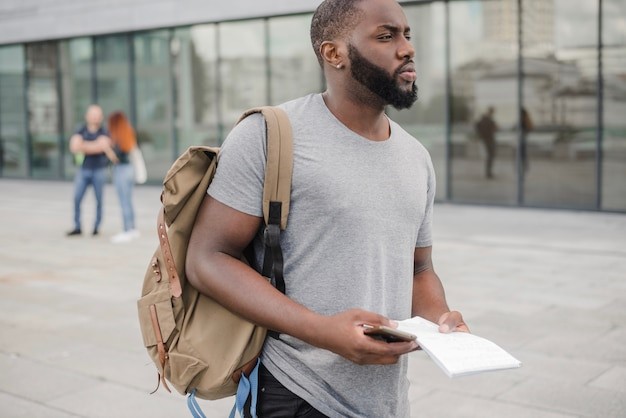
1. Provide Concise Answers
One of the tips on how to answer F1 visa interview questions is to provide a simple and direct answer. Stay on topic and show that you are a serious candidate who wants to study in the United States of America.
2. Practice your English
Since the visa interview will be in English, the applicant must be able to express himself or herself properly. It is also advisable to practice speaking and listening in English so that you can answer any questions on the interview day.
3. Be Confident
In answering your interview questions for an F1 visa, make sure to be confident, but do not overdo it and sound impolite. Remember to keep eye contact with your interviewer, and also try to be audible.
4. Stay Calm
Another trick on how to pass a visa interview is to not get tensed or under any pressure when answering the visa interview questions. It’s normal to feel nervous, but try to remain calm during the interview. Take a moment to think before answering.
How do I avoid F1 visa rejection?
1) Be Honest
You should be honest and clear with your answers during the visa interview. Avoid saying the information not available on your DS-160 form. Any discrepancy or false information will cause the application to be rejected without further consideration.
2) Proof of Funds
Your proof of funds should cover the tuition fee, accommodation, and living costs. It should not be overly excessive or insufficient to see you through your first year studying in the USA.
The USA is not like the UK, where students are required to provide a bank statement that will run for 28 days. So, for the US, applicants will need an inflow and outflow bank statement for at least 6 months.
3) Show ties to your home country
A great concern of the visa officers is whether you are likely to go back to your home country after your studies. In this case, every applicant must show evidence that they must return after studying in the USA.
4) Dress appropriately
Wear formal attire. You are not dressing to kill; just wear a formal dress. The idea is not to overdress or underdress.
For the guys, pants trousers, chinos, or a shirt (long or short) is okay. For ladies, a skirt, trousers with a blouse, or gown with light make-up. Remember, it is for a visa interview, not a party!
What to Do When Your F1 Visa is Denied
If your F1 visa is denied, here are some steps you can take:
I. Understand the Reason for Denial
Review the denial letter: The visa officer should give you a written statement of why you were denied the visa. Some of the reasons are insufficient funds, a lack of home ties, or no strong conviction showing why you want to study in the US. Check Section 214(b) for more details.
II. Address the issues
If the denial was based on insufficient funds, then boost it; however, provide evidence such as the sponsor’s bank statement of account, personal savings, or grants (if available).
III. Intent to Return
If you were required to prove connections to your home country, provide more documents that show that you will return home.
Example: family picture of dependents, land documents with a C of O (Certificate of Occupancy), employment letter (if employed), CAC Certificate (Corporate Affairs Commission) (for self-employed)
IV. Reapply for the Visa
Your documents have to be accurate and comprehensive, and they must state why your claim was denied previously.
Reapply only after you have sufficiently explained your previous denial circumstances. If one rushes to submit a reapplication without addressing the fundamental issues, he or she may be denied again.
Read also: Visa Scams: What Nigerians Need To know And How To Avoid Them
Conclusion
To pass the F1 visa interview, you must prepare for the interview. Practice, and make sure that you have all the requirements. In addition, while answering the visa interview question, try to stay calm so that you do not say something entirely different on the DS-160 form.
I hope this post on how to pass the F1 VISA interview questions is helpful. For further assistance on how to apply for a study visa to the United States, write in the comment section and also like us on our social media channels below:
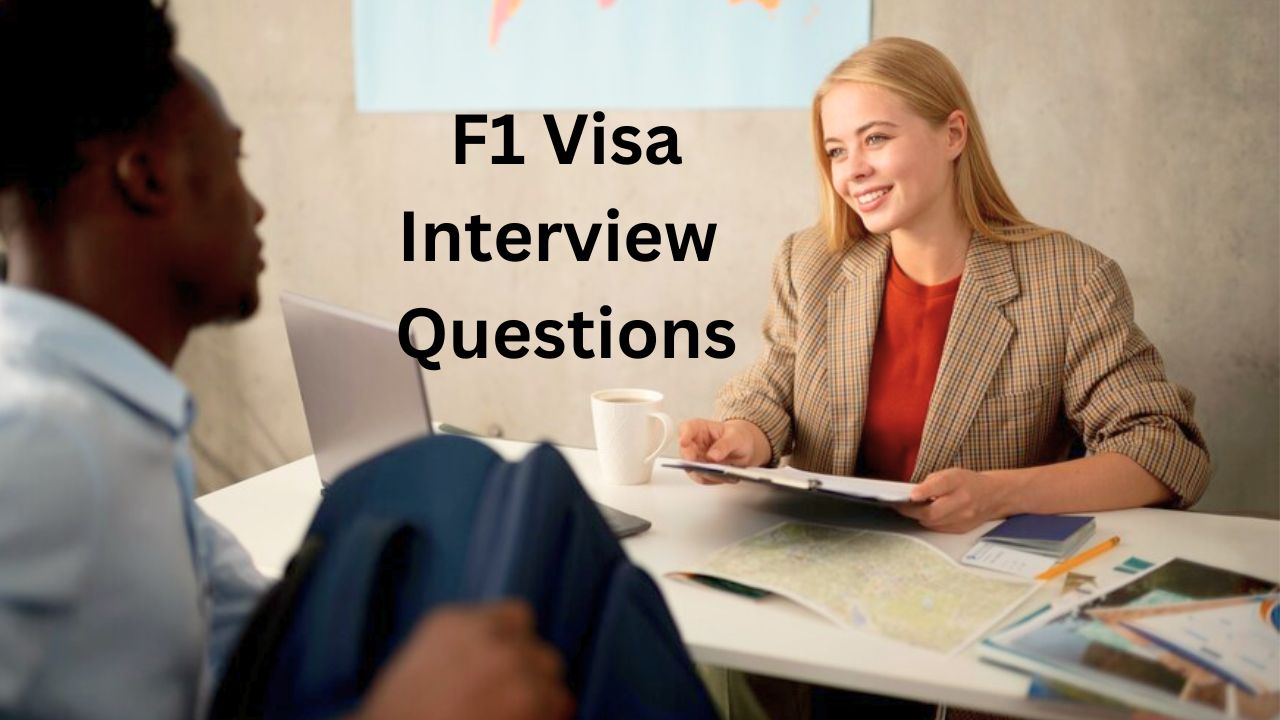
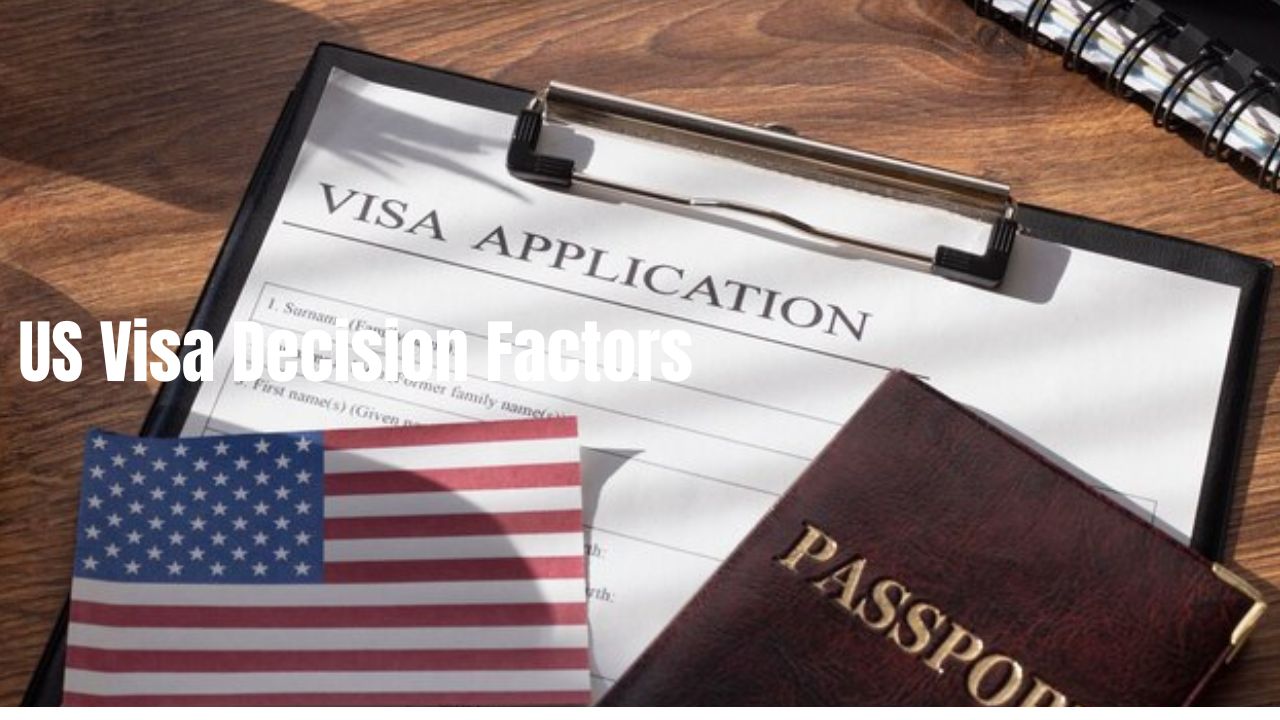
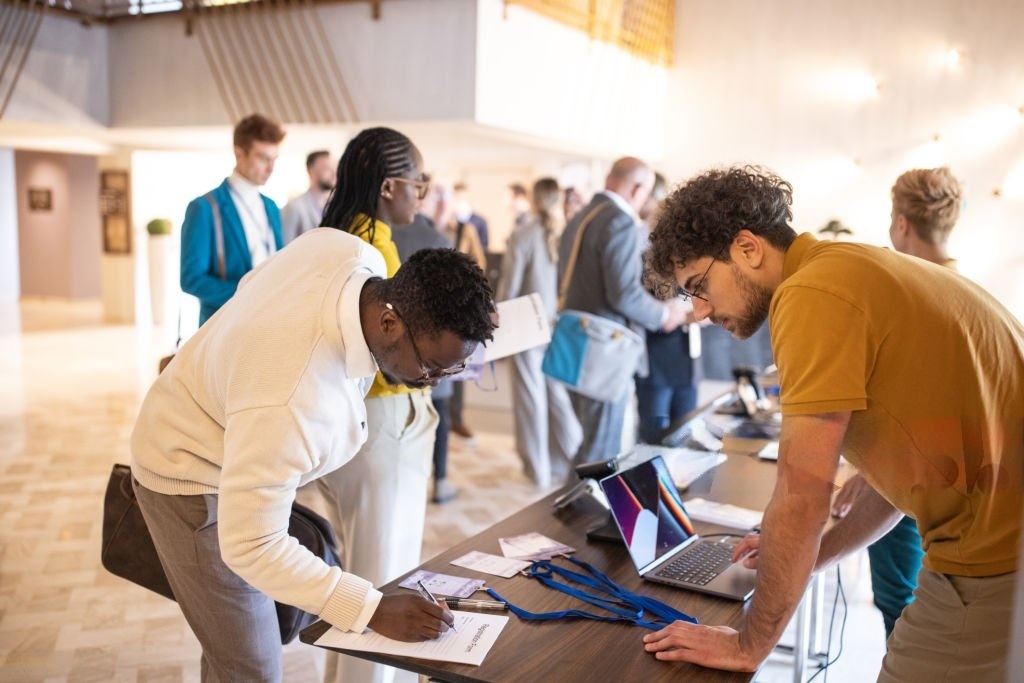

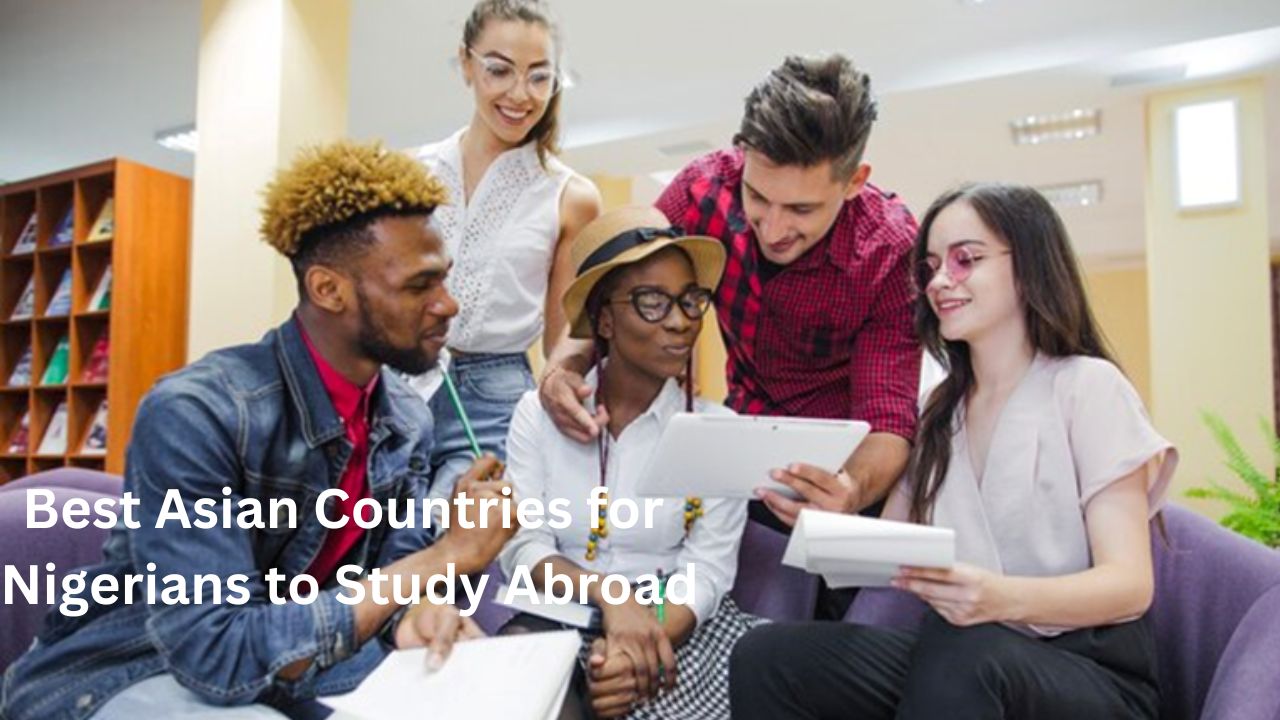
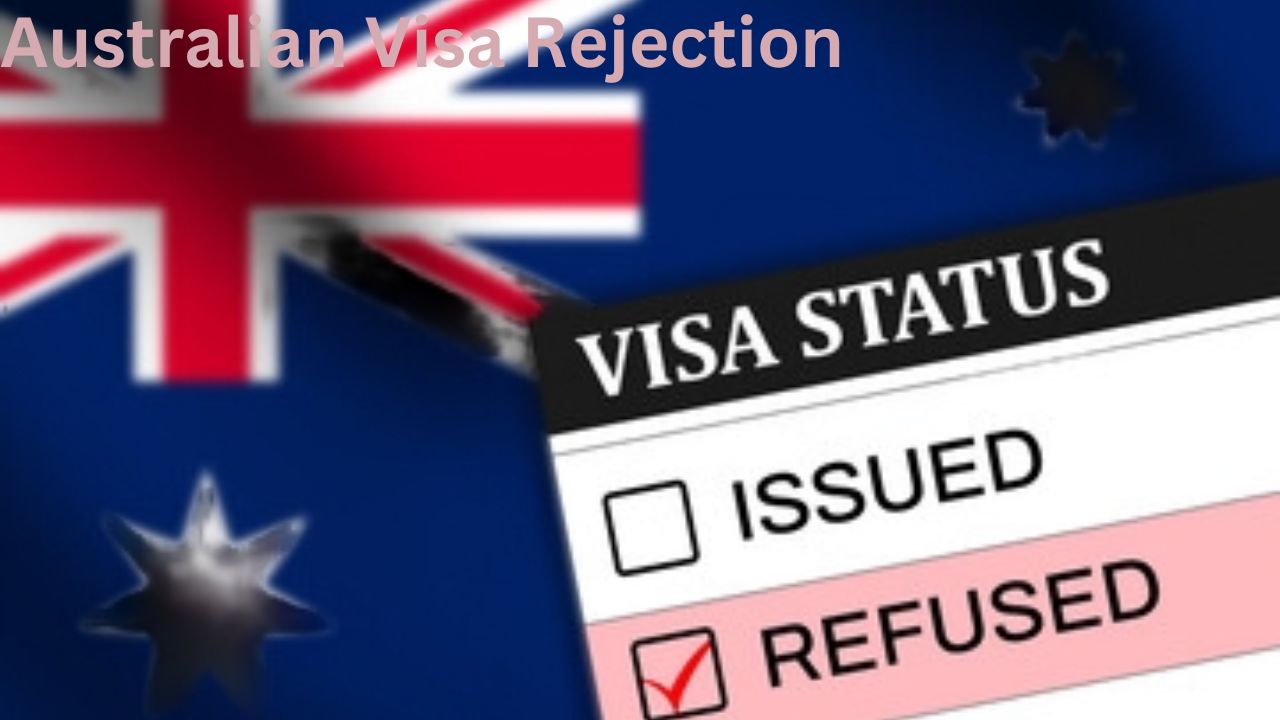
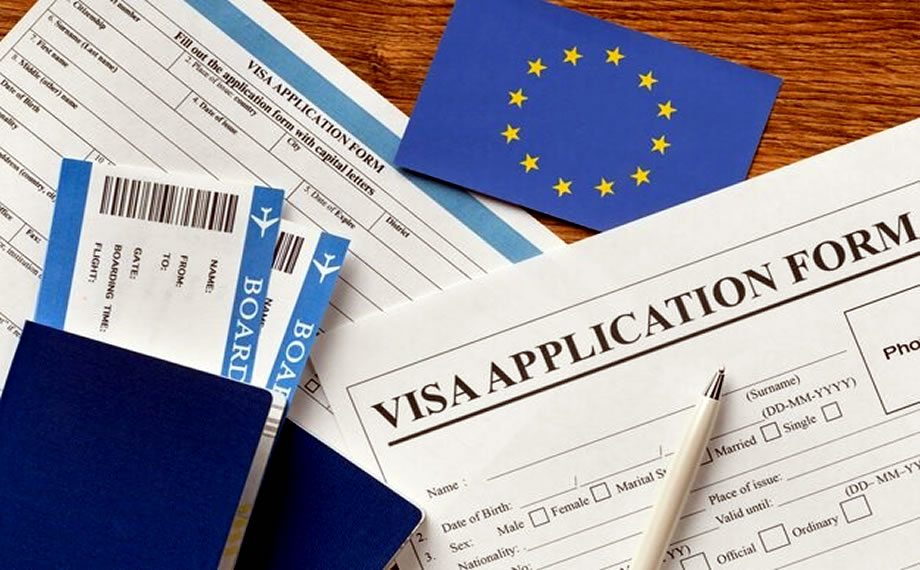
Pingback: